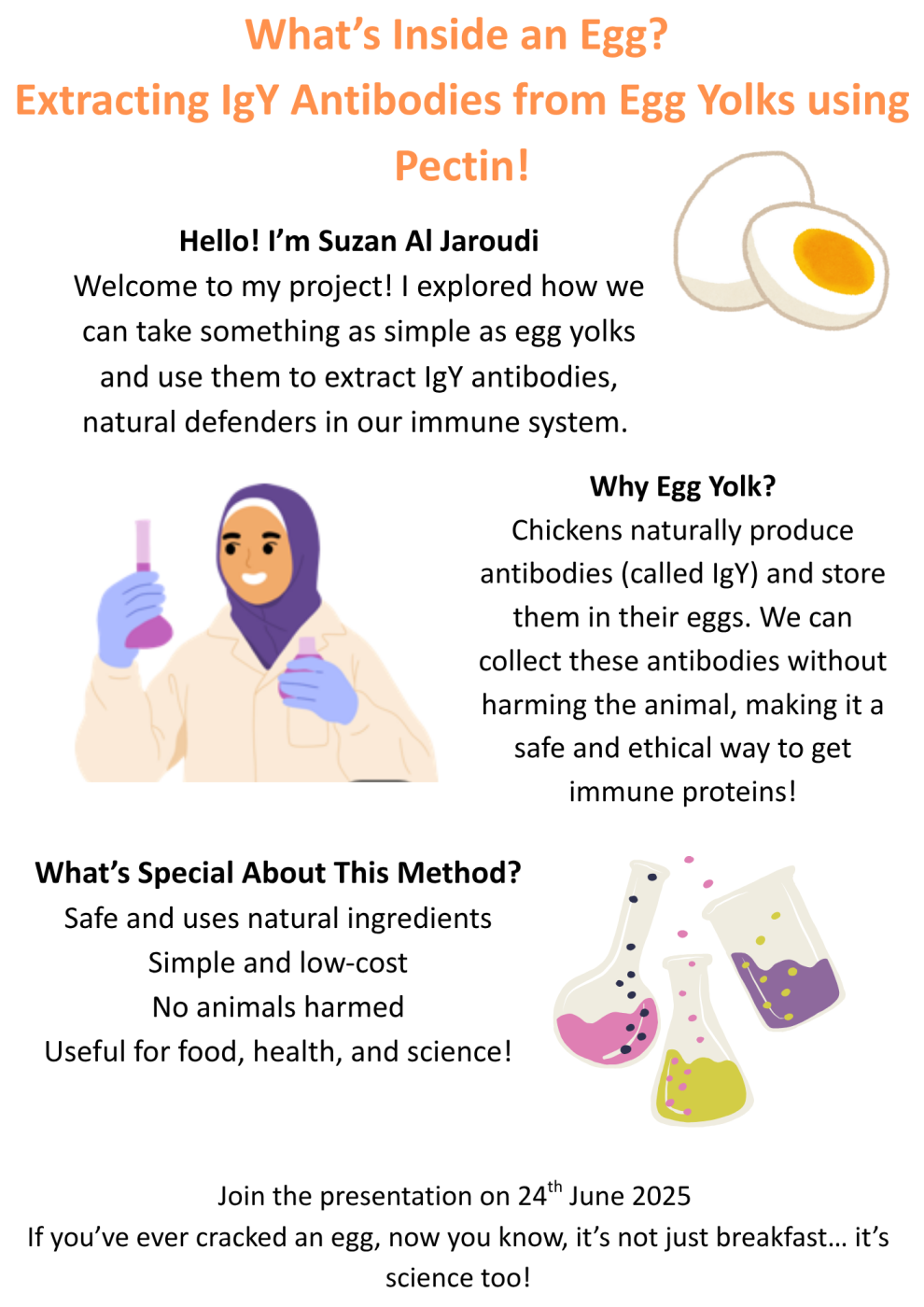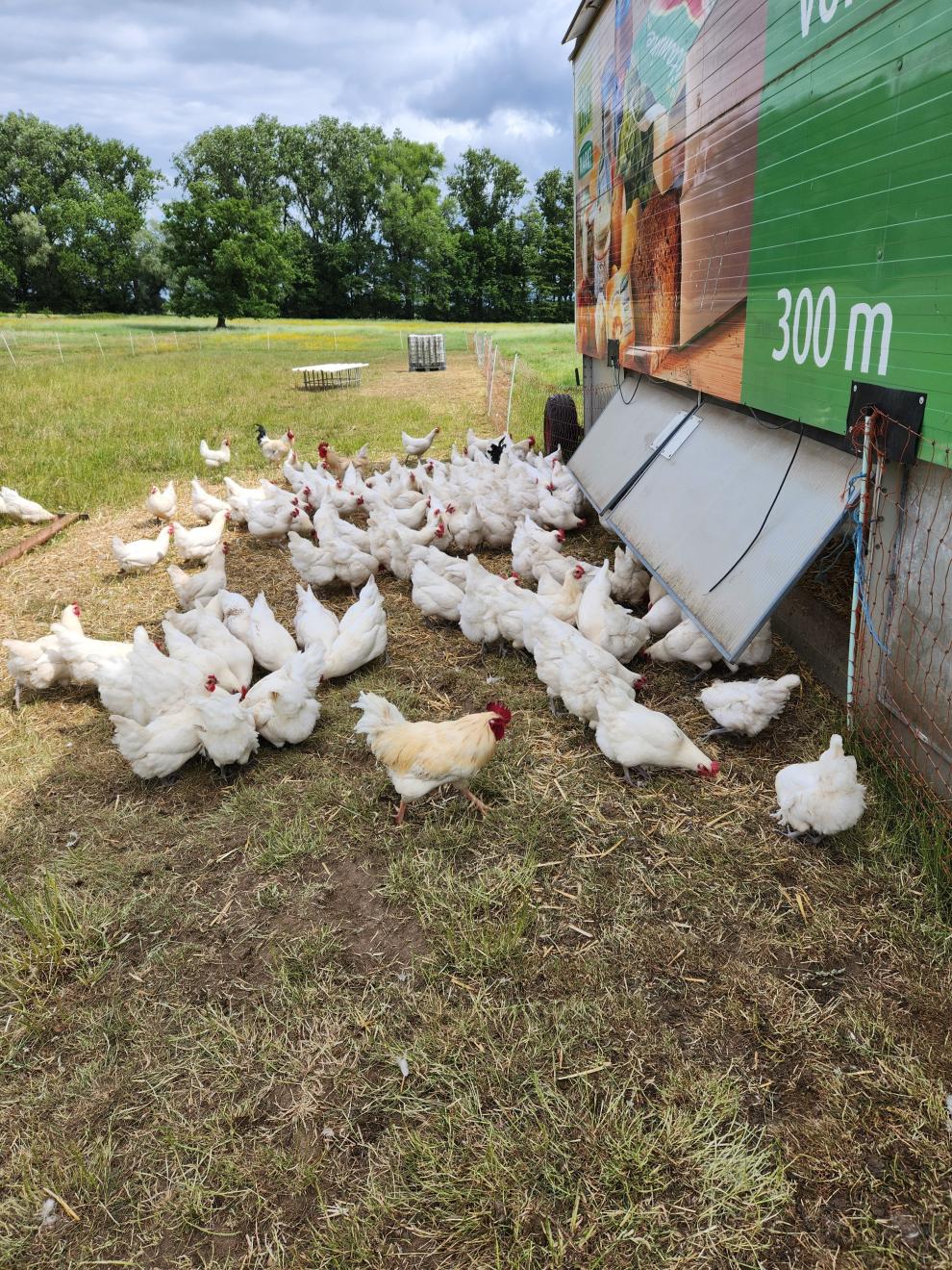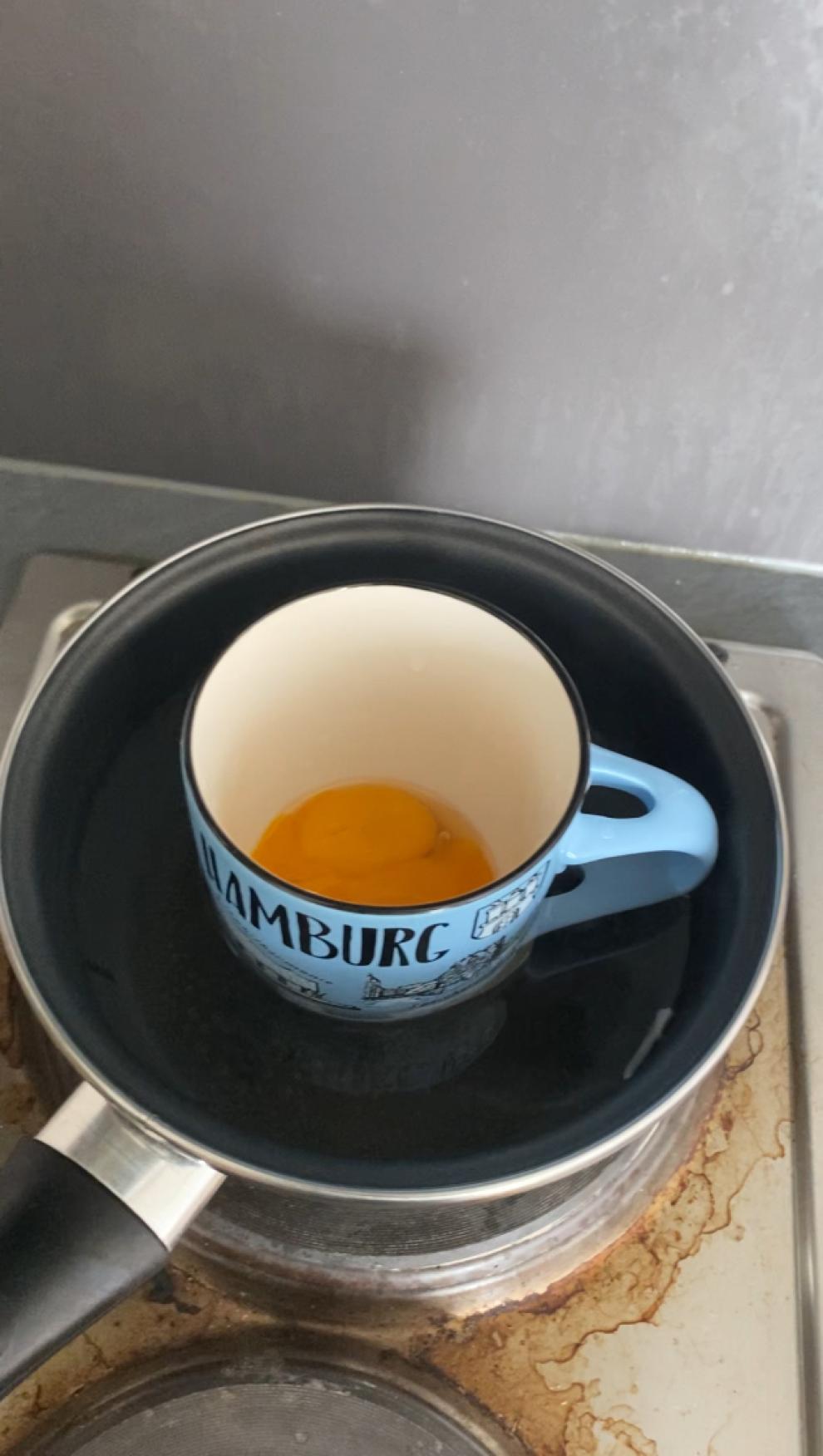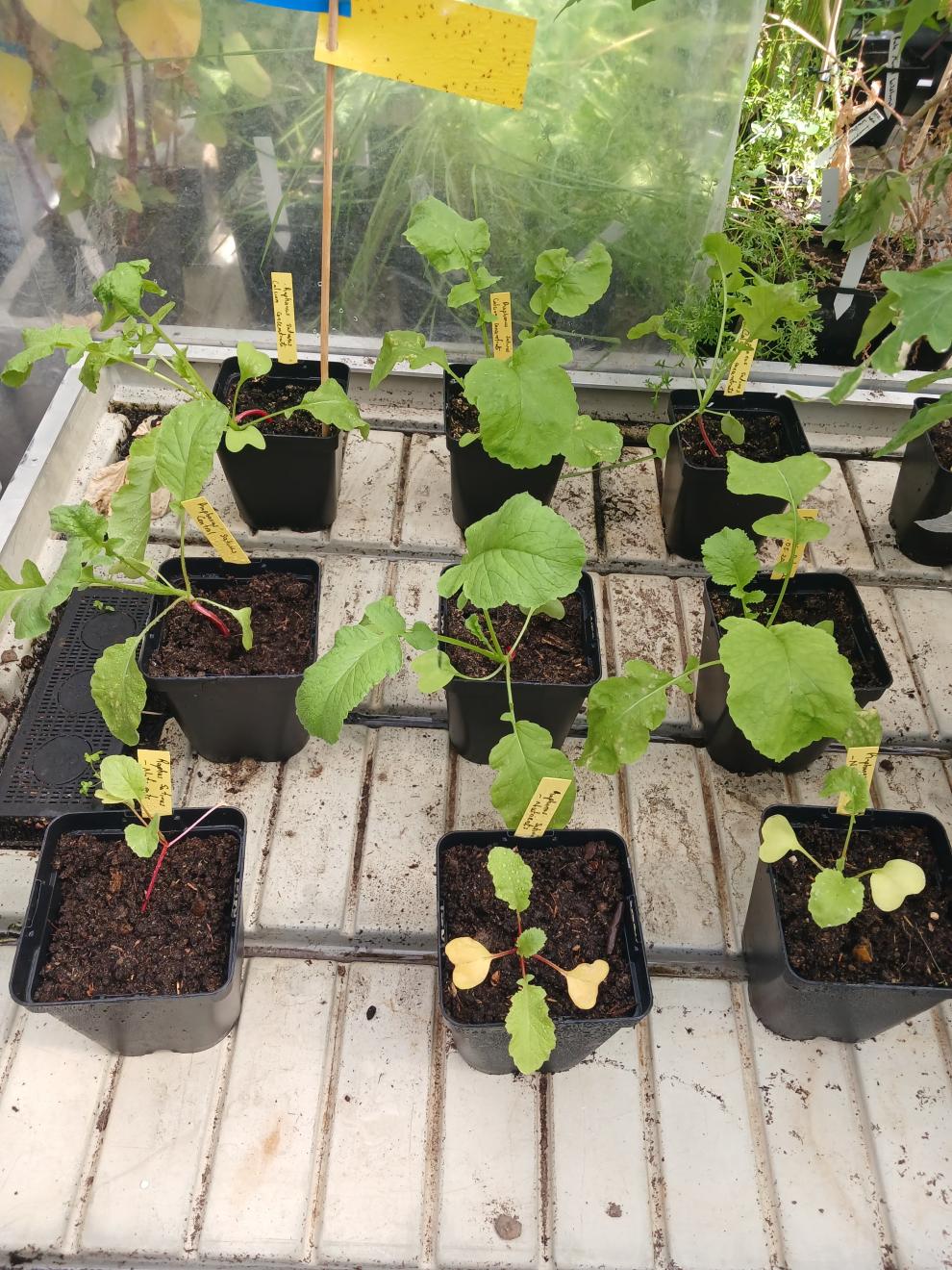Tuesday
6:00 pm
How an Egg Becomes Science 🥚🔬
An evening at the Rhine-Waal University's Tropical House shows that great things can arise from the everyday – if you just look closely enough.
What does an egg have to do with sustainable agriculture? How can fertilizer be extracted from its shell – or even medically useful antibodies from its yolk? And how "organic" is organic, really?
Questions like these are the focus of a scientific evening event: "How Does an Egg Become Science?" – an event by the Faculty of Life Sciences at Rhine-Waal University of Applied Sciences. It aims to show how quickly the everyday can be transformed into research – and just how practical studying can be today.
What does an egg have to do with sustainable agriculture? How can fertilizer be extracted from its shell – or even medically useful antibodies from its yolk? And how "organic" is organic, really?
Questions like these are at the heart of an unconventional scientific evening: "How Does an Egg Become Science?", an event by the Faculty of Life Sciences at Rhine-Waal University, aims to show how quickly the everyday can be transformed into research – and just how practical studying can be today.
When and where?
🗓 Tuesday, June 24, 2025
🕕 6:00 PM
📍 Tropical House, Faculty of Life Sciences, Marie-Curie-Str. 1, 47533 Kleve
🚗 Parking: Sommerdeich 30–32, 47533 Kleve
On this evening, students from the degree programs Sustainable Agriculture, Bioengineering, and Quality, Environment, Safety and Hygiene (QUSH) will provide insights into their projects – and thus also into what drives, excites, and sometimes surprises them.
There's Linus-Tazoacha Atemkeng, who has explored the question of whether an eggshell is more than just kitchen waste. His answer: Yes – if you know how to turn it into calcium fertilizer. And Lee Boon-Yan, who uses the example of tiramisu to explain why food safety is much more than a hygiene label on the packaging.
Suzan Al-Jaroudi from Bioengineering, in turn, will show how modern laboratory techniques can be used to isolate IgY antibodies from egg yolk – and the medical perspectives that could arise from this. Science you can touch, with no ivory tower in sight.
And finally, Johanna Thissen will present her project "Organic is not just Organic." Her findings from a visit to a Demeter farm cast a nuanced look at the "organic" label – and at our perception of what sustainable agriculture actually means today.
Between the projects, there will be plenty of time for conversations: with the students about their studies and their daily lives, and with Prof. Dr. Matthias Kleinke about pathways into science.




